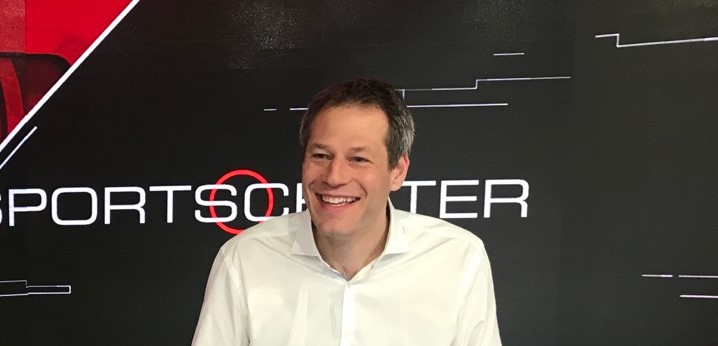In our series of Grace Blue’s leadership talks for 2020, we’re going to be focusing on business change and asking how are businesses adapting their services and proposition in line with response to the ever-evolving ‘changing’ consumer consumption and what does this mean for the talent and skills they need? For the first talk of the year, we welcomed ESPN’s previous General Manager, Charly Classen to share how he and his team launched ESPN in the UK and then, in just five years, transformed it from a sports broadcaster to a digital first media owner.
ESPN is an excellent case-study in how business change outside is constant. The initial strategy to raise awareness of ESPN in Europe and acquire Premier League rights in 2009 delivered impressive results with ESPN enjoying a 92% brand awareness in the UK amongst sports fans, and enabled ESPN to diversify its footprint into other sports and other European football leagues. The business built a production studio and built a strong audience base.
So, when the Premier League rights came up for renewal in 2012, the business was very confident their new bid would be successful. The plan was to further grow their broadcasting rights with the Premier League and beyond. When BT blew ESPN’s bid out the water, the business was abruptly left as a brand with no tangible product or market proposition.
The business had to pivot and pivot quickly. Charly led an entire organisational transformation that leveraged the brand’s digital assets, strong audience base, and changing consumer behaviour around digital engagement. Rather than using carriage deals, ESPN looked to directly engage (and monetise) their audiences through its website, a bespoke App and OTT streaming service. Within three years the business had transitioned from a broadcaster to an almost solely digital business. The ESPN app is now one of the most downloaded sports content providers in the UK and has achieved record breaking revenue and profitability.
Paramount to the success of the ESPN turnaround was talent. What was critical was the application of multi-skilled individuals with diverse skill sets across traditional and digital who had the ability to flex accordingly. Charly also cited the success was intrinsically linked to the team’s attitude and their approach to embracing a challenge and adapting quickly.
We know from our experience that many business ‘falter’ when they don’t continually innovate, and the ability to apply fresh thinking will always be the catalyst to change. Building a leadership team that has a diverse mix of skill set and sector experience will always make for a more effective and future proof business.
